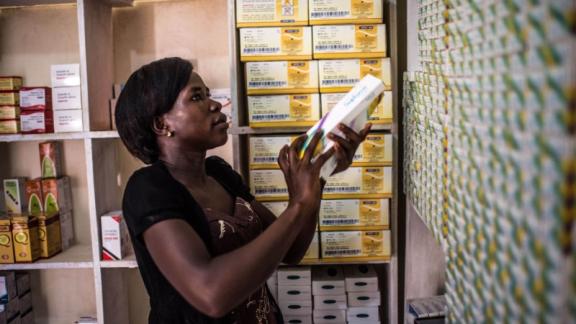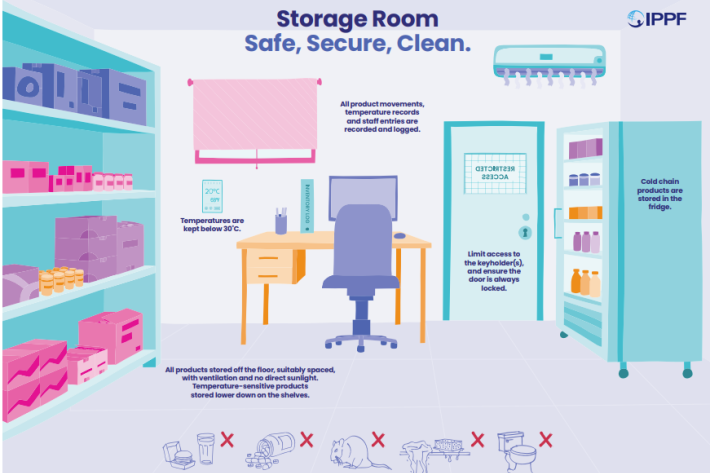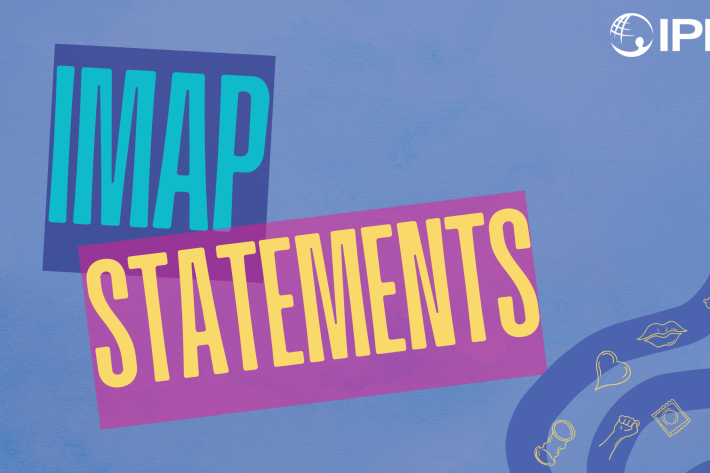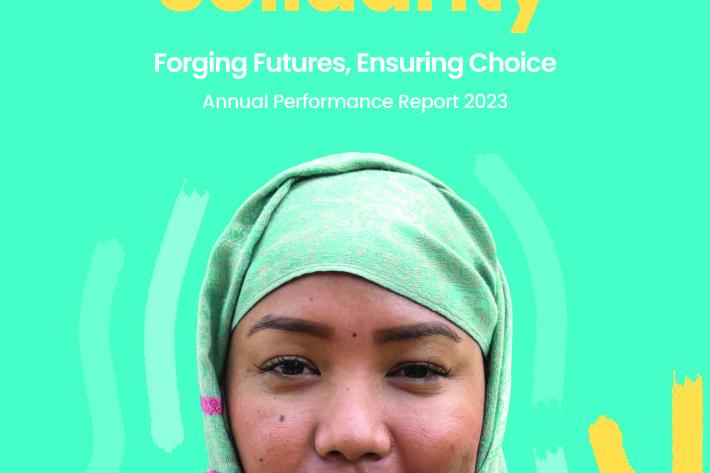Spotlight
A selection of resources from across the Federation
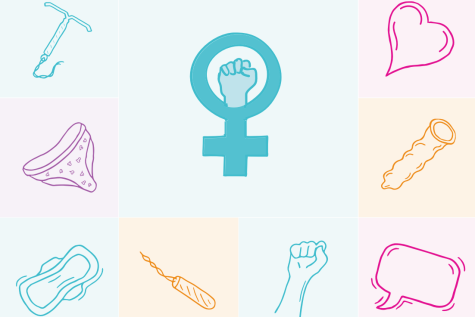
Technical Brief: Designing and Delivering Inclusive, Rights-Based Sexual and Reproductive Healthcare to Transgender and Gender Diverse People
This technical brief outlines key recommendations across several sexual and reproductive health service areas to promote access to inclusive care for transgender and gender diverse people.
Filter our resources by:

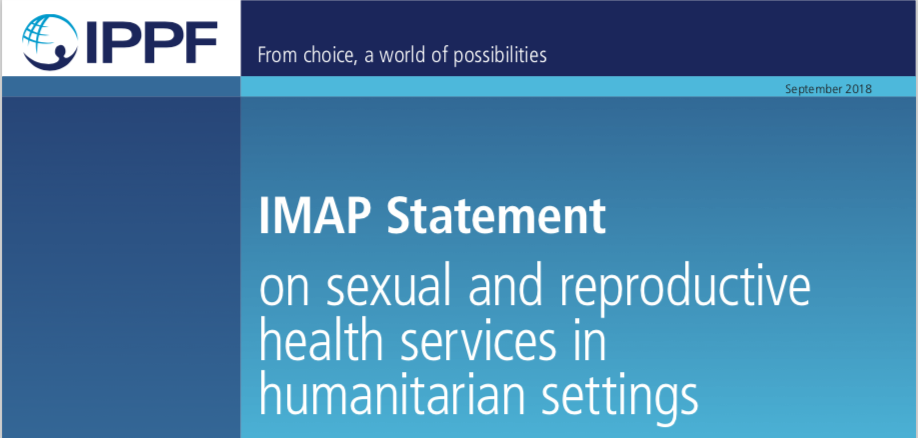
| 17 September 2018
IMAP statement on sexual and reproductive health in Humanitarian settings
Today, unprecedented numbers of people are living in a state of crisis or emergency. In 2018, it is estimated that 135.7 million people are in need of humanitarian assistance, with conflict and natural disasters predicted to be the biggest drivers. Of those in need, approximately one-quarter is estimated to be women and girls of reproductive age (aged 15–49) and approximately 5 million will be pregnant. Globally, 60% of preventable maternal deaths take place in settings of conflict, fragility, displacement and natural disasters.
| 19 June 2018
Humanitarian Strategy
IPPF’s Strategic Framework (SF) 2016-2022 commits the organisation to lead a locally-owned globally connected movement that provides and enables services, and champions sexual and reproductive health and rights (SRHR) for all. Increasing numbers of people face crises or live in chronically insecure settings. In recent years we have scaled up the number of sexual and reproductive health services and information provided to people in emergencies from 1.3m in 2013 to 3.2m in 2016, but we can do much more. The goal of this strategy is to improve access to life-saving SRHR for crisis-affected people in all their diversity. As the situation normalises after a crisis, we aim to leave behind stronger MAs sustaining quality services to diverse populations. IPPF’s model for SRHR in crisis connects the key elements of humanitarian action (prevention and preparedness, response, recovery and resilience) with long-term, equitable development.
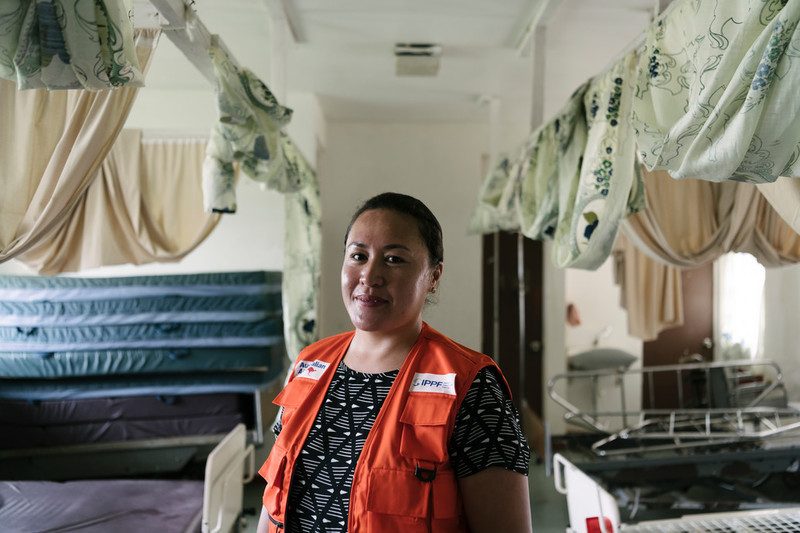
| 24 April 2018
Humanitarian disaster in Tonga brings opportunity through access to healthcare
Following the devastation wrecked by Tropical Cyclone Gita on the island of Kingdon of Tonga, the Tonga Family Health Association deployed an emergency response team. The team was able to bring vital sexual and reproductive health care to local communities. By taking services to the people, the team has been able to expand the types of care that many women would not readily access including pap smears and the opportunity to raise awareness around gender-based violence. Combining service delivery, as well as information, is part of our tailored approach to humanitarian crises; ensuring we meet need, wherever it is, whoever requires it, for as long as they want it. Photography © IPPF/Alana Holmberg
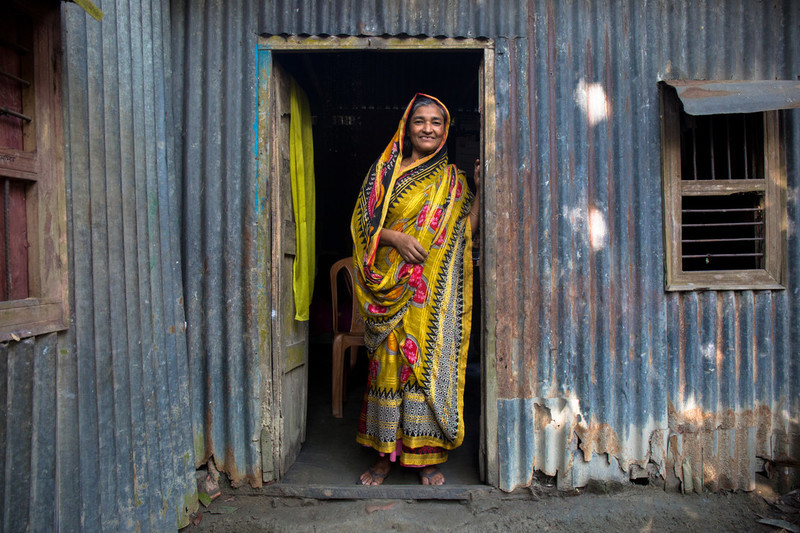
| 08 February 2018
Small scale innovation in Bangladesh during times of crisis: ensuring reproductive care to local communities
In times of humanitarian crises and disasters, the inability to access health care during floods can have serious repercussions on the local community. As part of their Innovation Programme project, our South Asia office in collaboration with the University of Leicester and the Government of Bangladesh provides reproductive health kits to health centres located in areas most prone to seasonal flooding. Known as 'Kit 8' it contains three months’ worth of medicine and equipment for the management of miscarriage and complications of abortion and menstrual regulation in emergency situations, essential to minimize associated morbidity and mortality. Medical staff are trained to administer procedures and provide post-procedure care. While abortion is considered illegal in Bangladesh, menstrual regulation, which has been a part of the country’s family planning program since 1979, is allowed up to 10–12 weeks after a woman’s last menstrual period. Photography © IPPF/Victoria Milko







